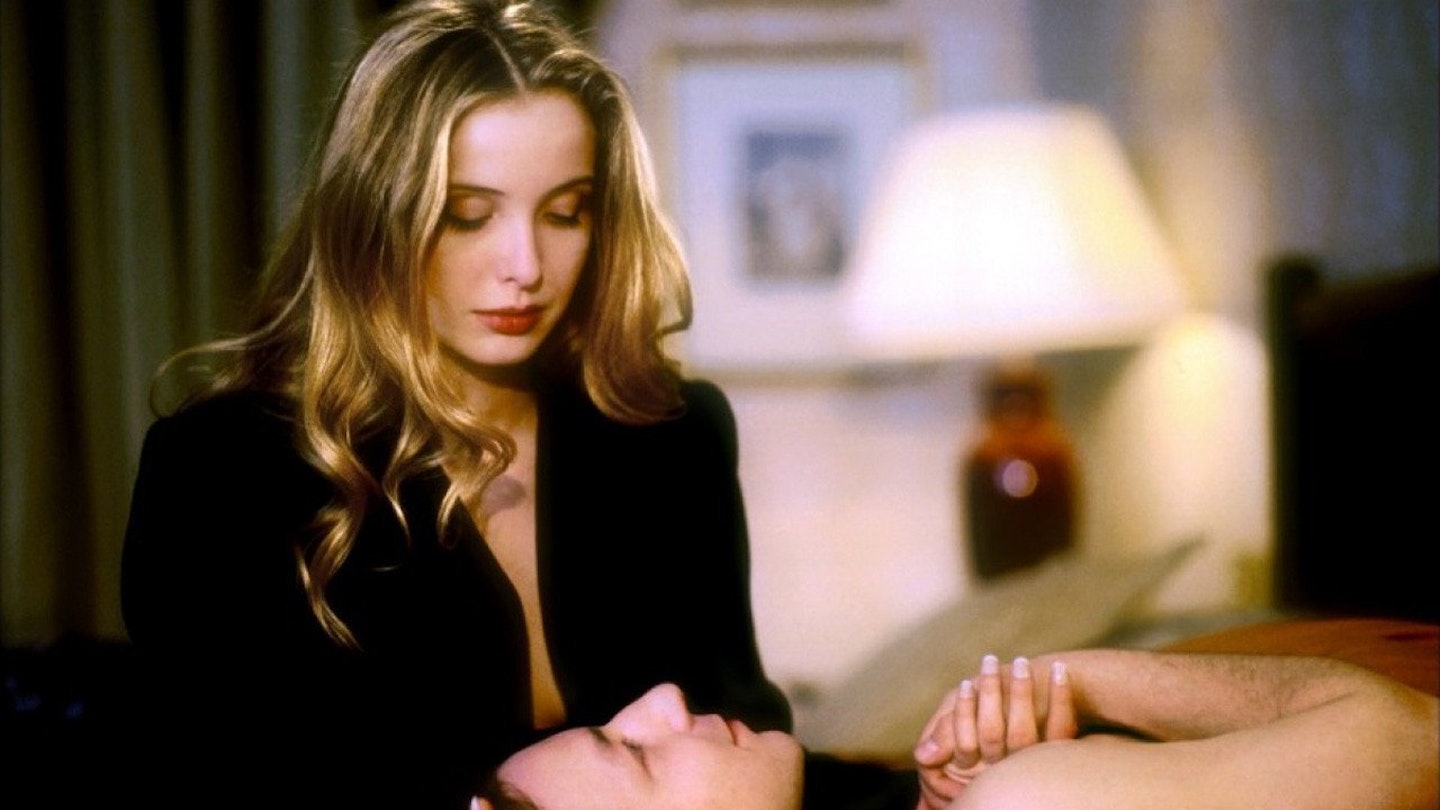Second in the trilogy of Kieslowski's films about the three big ideas underpinning the French tricolour, this is by far the most playful and accessible of all his films to date. Loosely structured as a picaresque romantic odyssey with flashes of black comedy and glum pathos, it tracks the experiences of Polish fortune-hunter Karol (Zamachowski) as he is bounced around an allegorical European landscape of exile, betrayal and fear ruled only by the brute sanctions of the profit motive.
Karol starts off as a mutely timid hairdresser married to beautiful French model Dominique (Delpy), but, unable to satisfy her, they divorce. Abandoned in Paris he is reduced to busking on the Metro. It is at this lowest point that he is rescued by fellow Pole Mikolaj (Gajos), who smuggles him back to Warsaw. Once back in his home town, Karol's luck begins to turn and he soon sets himself up as a spiv trading commodities across the old East/West border.
Kieslowski plays all this for laughs, and the anti-capitalist satire which fuels Karol's rake's progress remains the most satisfying part of the film. Bubbling under the surface of the narrative, however, is the old obsession with symbolism and enforced moralising. Karol fakes his own death and lures Dominique to Krakow to attend the funeral, and it is at this point that he takes an ambiguous revenge. As the pair exchange a glance through barred windows at the end of the film, there has been a complete reversal in fortune between the two. Was it worth it? Has some form of "equality" been established? Only the intensity of the look lets you know.
